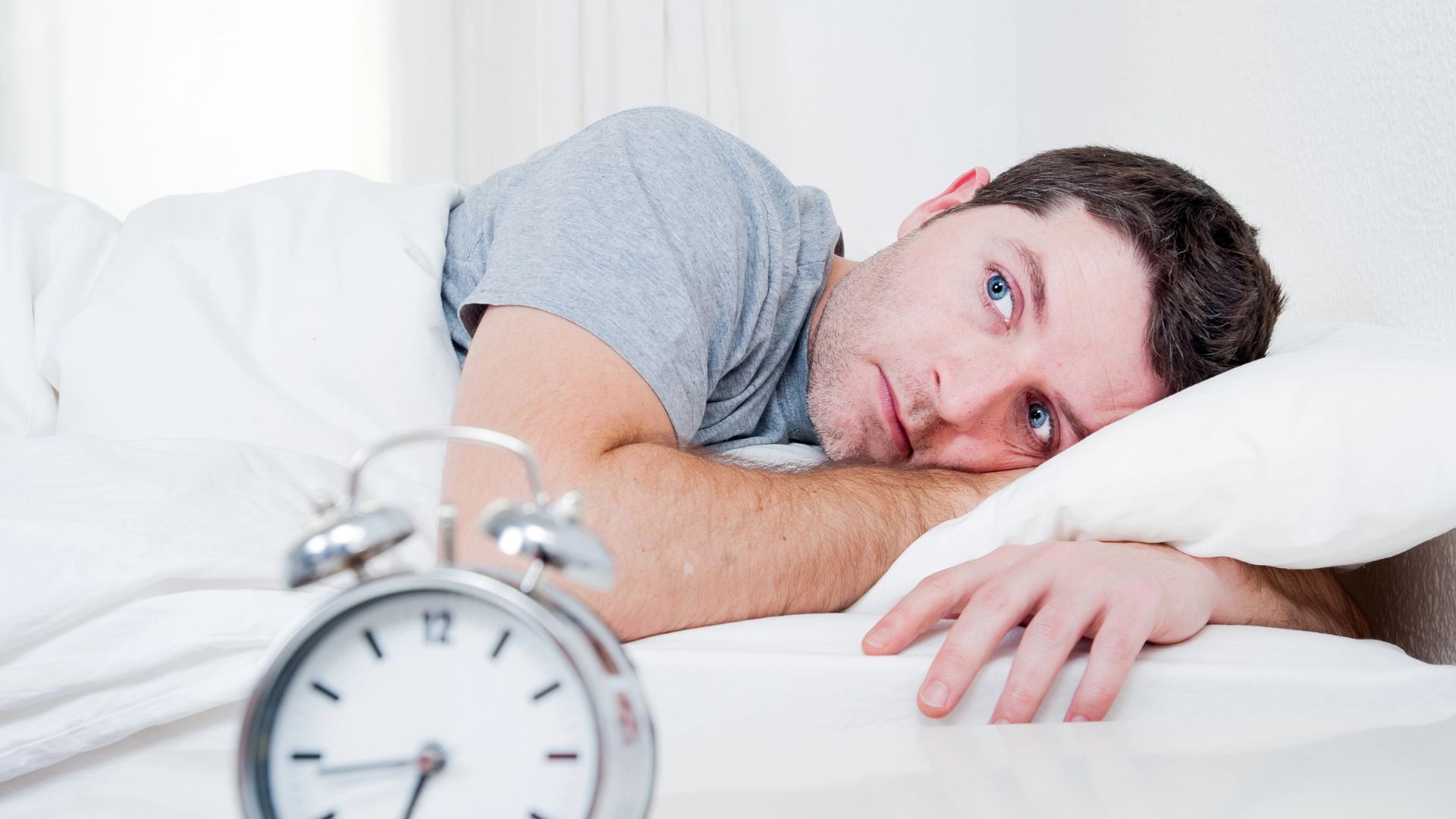What Happens When You Sleep High?
Sleep troubles are common due to stress and screens, leading many to use marijuana for aid. 2025 stats show over one in five young adults (19-30) use cannabis or alcohol for sleep, with cannabis leading. About 9% of adults currently use it as a sleep aid, while 17% have tried it.
THC may help fall asleep faster by calming you, but it reduces REM sleep over time, impairing emotional processing and cognition, causing grogginess. If dependent, consider medically supervised marijuana detox to restore natural sleep.





